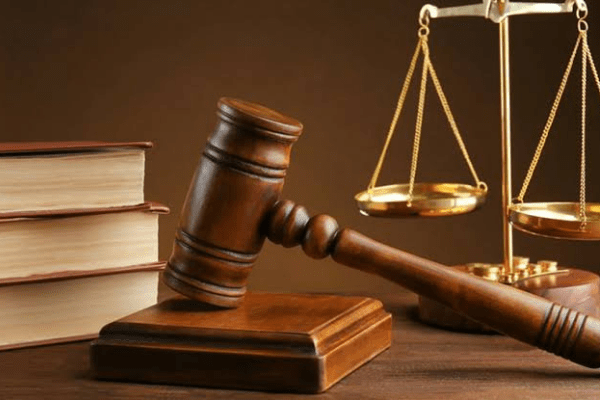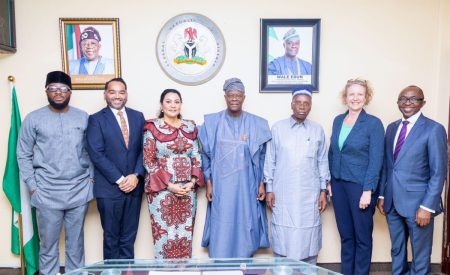25 November 2014, Abuja – The Minister of Power, Professor Chinedu Nebo has attributed the estimated bills given to Nigerians by distribution companies to the eight million meter shortage in the country.
Speaking at the just concluded West African Power Industry Convention, WAPIC, in Lagos, the Minister said the only way to check estimated and exorbitant bills is by providing meters to electricity consumers in Nigeria.
 “The metering gap in Nigeria is so huge and there is no scientific way of looking at people’s faces and estimating the amount of electricity they are consuming. The only way to do that is to install meters.
“The metering gap in Nigeria is so huge and there is no scientific way of looking at people’s faces and estimating the amount of electricity they are consuming. The only way to do that is to install meters.
“The DISCOs have received matching orders. In fact, they have gotten the riot act read to them. They need to meter everybody. But it is not going to be done over night. The metering gap in Nigeria ranges from 3 million to 8 million. That is a huge quantity.
“Where are you going to find that kind of capacity anywhere? They are working to make sure that this is done. Also, the regulator, NERC is working very hard to ensure that these things are done. So, metering is the answer. Again, there are many who are not paying anything. They are stealing energy, consuming energy, illegal connections and the only way to these things is metering. That is why we emphasise metering as a saving grace for consumers,” he said.
Speaking on renewable energy, Nebo attributed its slow development in the country to low education, technology and wealth. He however enjoined Nigerians to expect a revolution in the sub-sector.
He said, “Wealth, education, technology availability in Nigeria is what is holding the renewable energy difficulty. What I am expecting or what I anticipate is that in the next 12 months to 24 months, there is going to be a revolution with regard to application and deployment of renewable energy and it is going to be mostly solar.
“The reason is that virtually every part of Nigeria is amenable to solar energy. We are also going to be doing some biomass and a few wind turbines in areas that have the wind velocities which are very and far between in Nigeria. We are working on hydro too, a very few hydro for rural areas, a few 100 kilowatts, just 1 to 10 megawatts and things like that.
“With regard to renewable, the knowledge base needs to be established. The technology needs to be established. The education of the people to understand how to use and deploy this technology is very critical.”
Nebo also explained that the government has signed memoranda of understanding with some companies to develop coal-fired turbines, as a means of diversifying the electricity base of the country.
“Presently, we have coal being mined in Nigeria now by Zuma Company. We have other coal blocks that have been giving out. We have signed memoranda of understanding with companies that want to do coal-fired turbines.
“Many of them are really progressing in that regard. Very soon, coal-fired turbines will be very many in Nigeria. These turbines take a long time to be manufactured, eventually deployed and commissioned. We are working on them right now, but they are all private-sector driven,” he added.
– Vanguard



